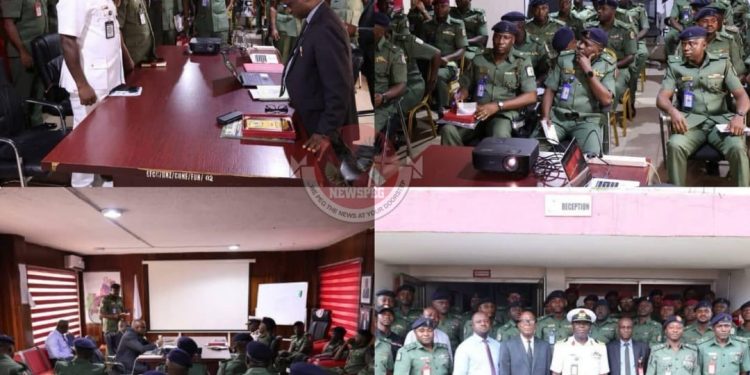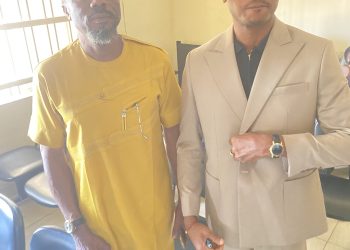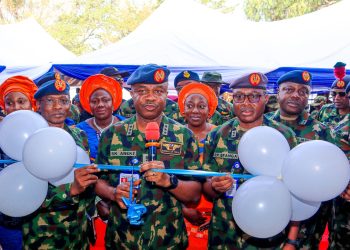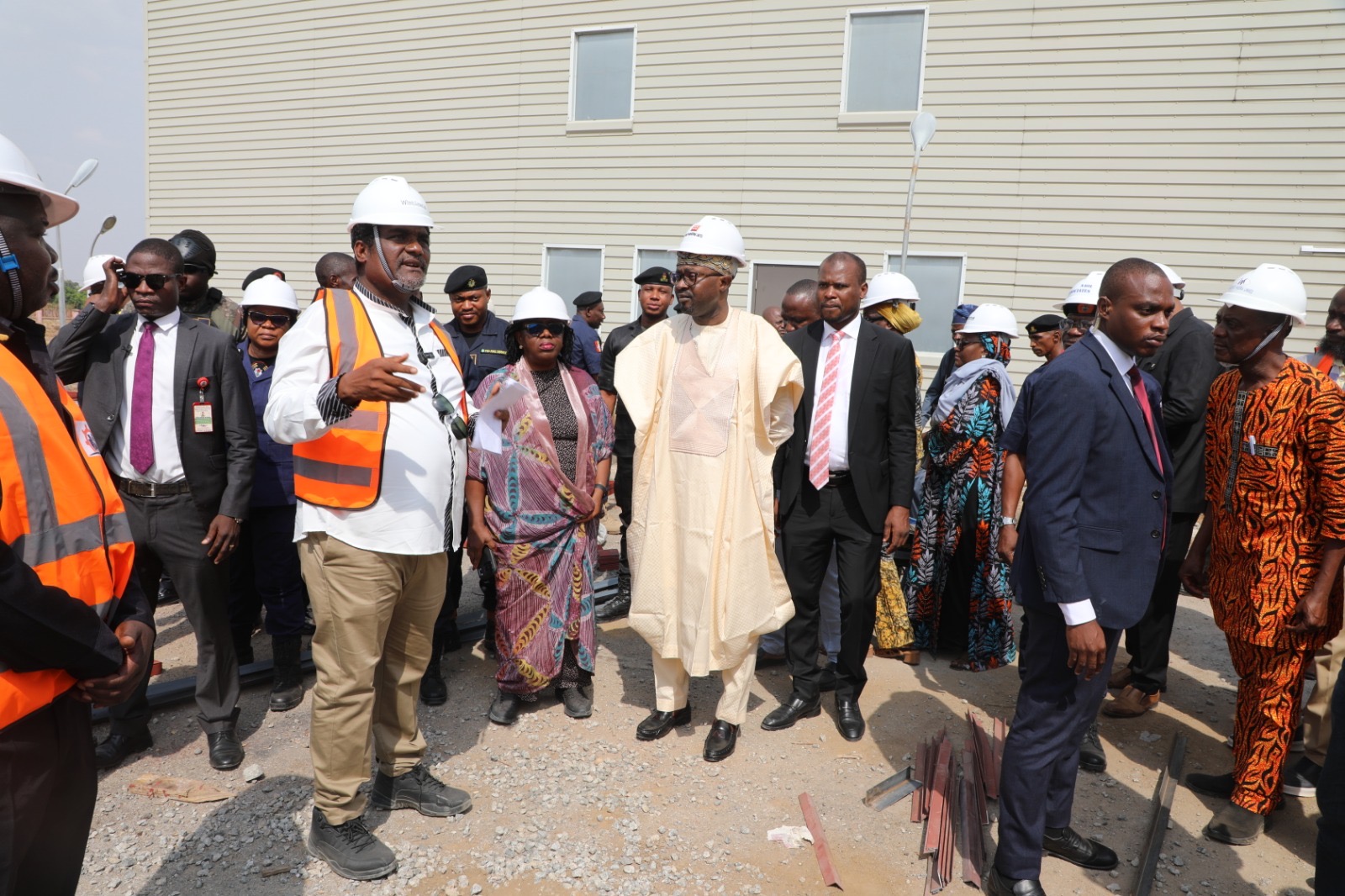By Nkechi Eze
The Executive Chairman of the Economic and Financial Crimes Commission (EFCC), Mr. Ola Olukoyede, has emphasized the need for enhanced collaboration among Nigeria’s security agencies as a critical strategy in the fight against corruption and insecurity. He made this assertion on Tuesday, July 1, 2025, during a study tour by student officers from the Senior Leadership and Staff Officers’ Course 3/2025 of the Nigerian Army College of Logistics and Management (NACOLM), Ojo, Lagos, to the EFCC’s Benin Zonal Directorate.
Dele Oyewale the commission’s spokesperson in an official signed statement disclosed that speaking through the Head of Legal and Prosecution at the Benin Zonal Directorate, Assistant Commander of the EFCC (ACE I) Francis Jirbo, the EFCC Chairman stated that corruption and insecurity remain major challenges that cannot be tackled in isolation. He maintained that only through sustained synergy and unified efforts among security institutions can the country overcome these threats to its development and stability.
According to Jirbo, “Fighting corruption and insecurity requires a joint national effort. All security agencies must collaborate in intelligence sharing, operations, and legal processes to achieve maximum results. The EFCC is committed to such partnerships as part of its ongoing mission.”
Highlighting the significance of the visit, the course instructor, Lieutenant Colonel J.O. Elimian, explained that the theme of the study tour was “Optimising National Security Through a Whole-of-Society Approach.” He noted that the primary objective was to offer student officers practical insights into the operations of the EFCC and its role in safeguarding national security.
Delivering a presentation titled “EFCC from the Beginning, Successes and Challenges,” ACE I Williams Oseghale, Head of the Media and Publicity Unit in Benin, chronicled the Commission’s trajectory since its establishment on April 13, 2003, under President Olusegun Obasanjo. He explained that the EFCC was created in response to the high prevalence of economic and financial crimes that had almost reduced Nigeria to a global pariah state.
He noted that over the past 22 years, the Commission has achieved major milestones in investigating, prosecuting, and preventing financial crimes, which have led to thousands of convictions, asset recoveries worth billions of naira, and increased investor confidence in the Nigerian economy. Among these milestones, he highlighted the conviction of former state governors, top-ranking civil servants, police and military officers, as well as managing directors of banks.
Oseghale further disclosed that the EFCC successfully secured the forfeiture of 753 units of duplexes in Abuja to the federal government and, in one single operation in Lagos, arrested over 190 foreign nationals involved in cybercrimes and money laundering.
Despite these achievements, he said the Commission faces numerous challenges. These include death threats, intimidation and harassment of officers, limited funds for public enlightenment programmes, slow judicial processes, and persistent public cynicism about the Commission’s efforts.
In his remarks, the Head of the Special Control Unit Against Money Laundering (SCUML), Mr. Ibrahim Boyi, educated the visiting officers on the unit’s mandate to monitor and regulate the activities of Designated Non-Financial Businesses and Professions (DNFBPs) as well as Non-Profit Organizations (NPOs) across the country to prevent their use in money laundering and terrorism financing.
He stressed that SCUML operates within the framework of global standards set by the Financial Action Task Force (FATF), the international body responsible for setting benchmarks for combating money laundering, terrorist financing, and the proliferation of weapons of mass destruction.
In his vote of thanks, Major N.H. Shehu, one of the participating officers, commended the EFCC for its transparency and depth of engagement. He remarked that the officers were now better informed about the EFCC’s operations and its invaluable contributions to national security and economic stability.
Also speaking, the leader of the visiting team, Navy Captain N. Lawali, described the EFCC as a vital strategic partner in Nigeria’s national security architecture. He noted that the Commission continues to work closely with the military and other security agencies to ensure a safer country. He affirmed that the knowledge and perspectives gained from the visit would enrich their training and broaden their understanding of inter-agency collaboration in combating national threats.















